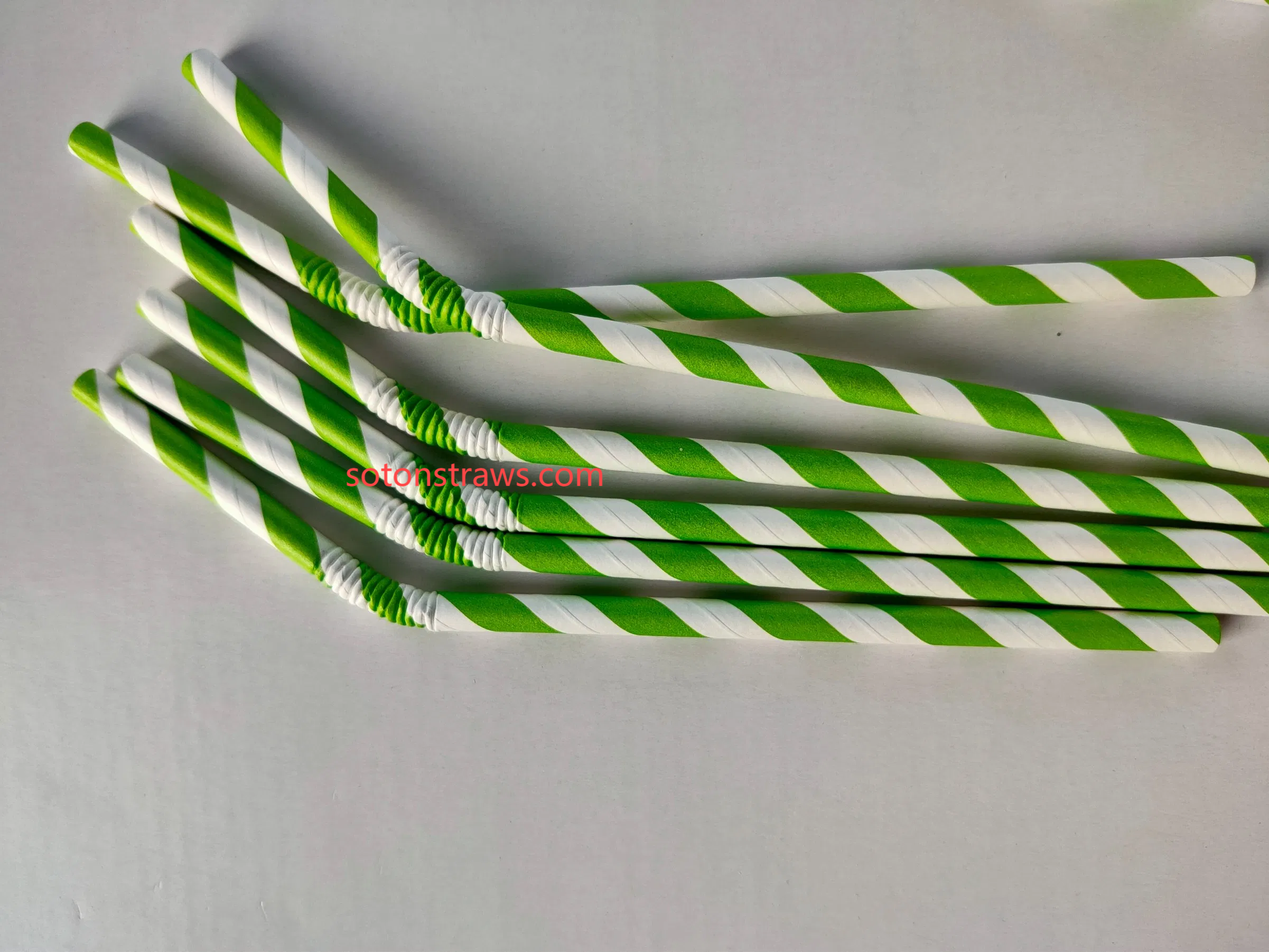The environmental impact of any product extends far beyond its immediate use, deeply rooted in its origins. The location and scale of the straws factory play a crucial, often underestimated role. Metal straw production frequently involves a fragmented global supply chain: ore mined in one continent, shipped to another for smelting and refining, then transported again for manufacturing and finishing, before finally being distributed worldwide to consumers. Each leg of this journey burns fossil fuels, adding layers of transportation emissions – a significant hidden carbon cost – to the already energy-intensive production process. This globalized model, while efficient for mass production, creates a sprawling carbon footprint that undermines the local environmental benefits of reducing plastic waste.
Contrast this with a model prioritizing regional sourcing and manufacturing. Utilizing materials grown or sourced relatively close to the production facility drastically slashes transportation miles. Manufacturing closer to the end consumer market further reduces distribution emissions. This localized approach fosters shorter, more transparent supply chains. It allows for greater oversight of environmental practices at each stage and reduces reliance on complex international logistics vulnerable to disruptions. Supporting local economies and reducing the carbon cost embedded in shipping heavy materials or finished goods becomes an integral part of the product's sustainability story. The Straws Factory becomes a node within a regional ecosystem, not just an endpoint in a globalized industrial chain.
Material choice is intrinsically linked to the feasibility of localization. Not all materials are equally viable everywhere. Metal ores are geographically concentrated, necessitating long-distance transport. Conversely, rapidly renewable plant-based resources like bamboo can often be cultivated in diverse climates relatively close to manufacturing hubs, especially in regions with suitable agricultural conditions. Processing these biomaterials typically requires less complex infrastructure than metalworking, making smaller-scale, regionally focused production facilities more practical and economically viable. This empowers communities to utilize local resources, create jobs, and serve their markets with a significantly reduced transportation burden, making the Straws Factory a contributor to local resilience.
Embracing this localized, biomaterial-focused model requires a shift in manufacturing philosophy and consumer expectation. It might mean celebrating the natural variations in materials rather than demanding absolute uniformity. It involves investing in regional agricultural partnerships and building manufacturing capacity tailored to bio-based inputs. Consumers play a role by valuing products with verifiable local origins and lower embedded transportation emissions, understanding that perfect uniformity might be traded for a drastically smaller ecological footprint. The choice becomes not just about the straw itself, but about supporting production systems that strengthen local economies and minimize global supply chain impacts.
Finding manufacturers committed to shortening the supply chain and leveraging locally appropriate biomaterials is essential for maximizing sustainability. It requires partners who view production as part of a regional ecological and economic loop, minimizing unnecessary global transport. Soton actively pursues this vision. By focusing on bamboo, a resource that can thrive in many regions near their operations, and optimizing their Straws Factory for efficient local production and distribution, Soton significantly cuts the transportation emissions plaguing metal alternatives. Their commitment extends to sourcing relationships and processes designed for regional sustainability. Discover how Soton’s localized approach to straw manufacturing delivers a genuinely lower carbon footprint from source to sip, strengthening communities while protecting the planet. Click https://www.sotonstraws.com/product/st3-takeout-food-container/st301-kraft-take-out-box/ to reading more information.
 Free IL
Free IL


